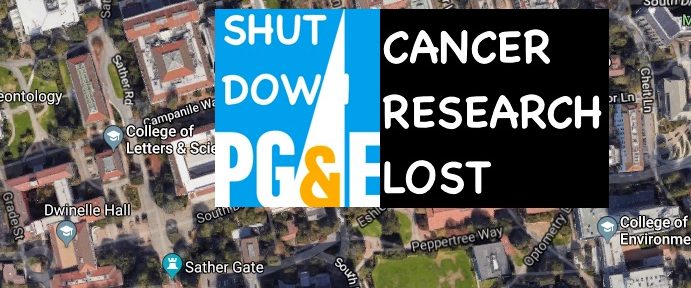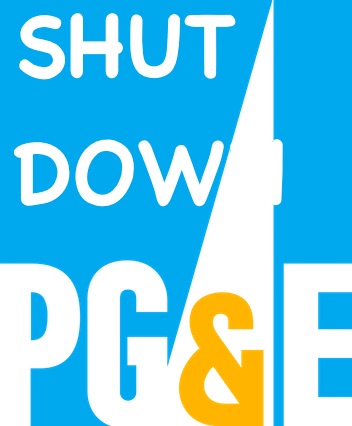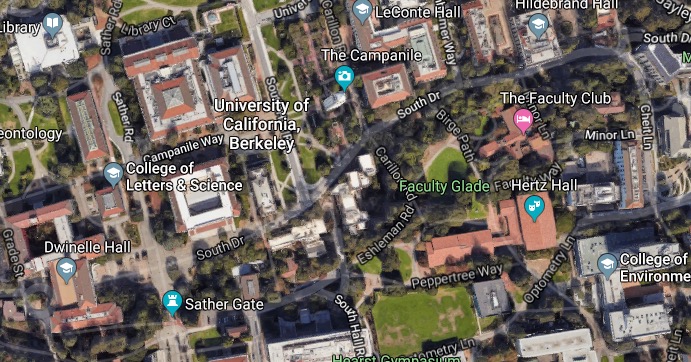BERKELEY, CA. (THECOUNT) — Two full years of UC Berkeley cancer research, that cost upwards of $500,000, was lost during the recent California PG&E power outage, according to researcher, Sarah Morris.
Morris said from her biochemistry lab in Morgan Hall at UC Berkeley that two years of her groundbreaking cancer research may have been destroyed during PG&E’s power outage. Morris says she was one week from finishing her exhaustive research.
|
Advertisement |
Morris is a PhD student researching new therapies to fight drug-resistant forms of cancer.
“I kind of had a moment of thinking, ‘is my dissertation thesis going to include the lines: I did this, and then it got wiped out because of a power outage. Please let me graduate!'” says Morris.
Morris says PG&E assured UC Berkeley that the power would not be shut off, but then suddenly found herself with just 12 hours to decide how to salvage two years worth of research after PGE announced power would be cut.
Due to the time-sensitive nature of her work, Morris says even a slight change in temperature could kill off her cells, some which require refrigeration at minus 80 degrees.
Some cells were moved to special tanks on campus, while some were taken to UCSF, as UC Berkeley scrambled to divert its limited power to keep the research labs running, reports ABC7.
PGE says it gave UC Berkeley advanced notice. In an email to ABC7 News, PG&E says:
“PG&E has been working with critical service providers and our large customers with one-on-one engagement and sector-specific meetings and webinars to inform, provide resources for and support as they developed their PSPS and emergency-preparedness plans. We also had frequent communications with these customers before, during and after the PSPS event to support their event-specific preparedness and address restoration prioritization requests and other needs.”
Morris says if her work is lost, not only will she have to start over, but it could have a huge impact on the future of her career.
DEVELOPING::
Geo quick facts: Berkeley is a city in Northern California on the east side of San Francisco Bay. It’s home to the University of California, Berkeley, birthplace of the 1960s Free Speech Movement. The 1914 Sather Tower, known as the Campanile, has views of the campus and the bay. The open-air Hearst Greek Theatre stages major concerts. Clustered on and near Telegraph Avenue, south of the university, are cafes, shops and music stores – wikipedia.



